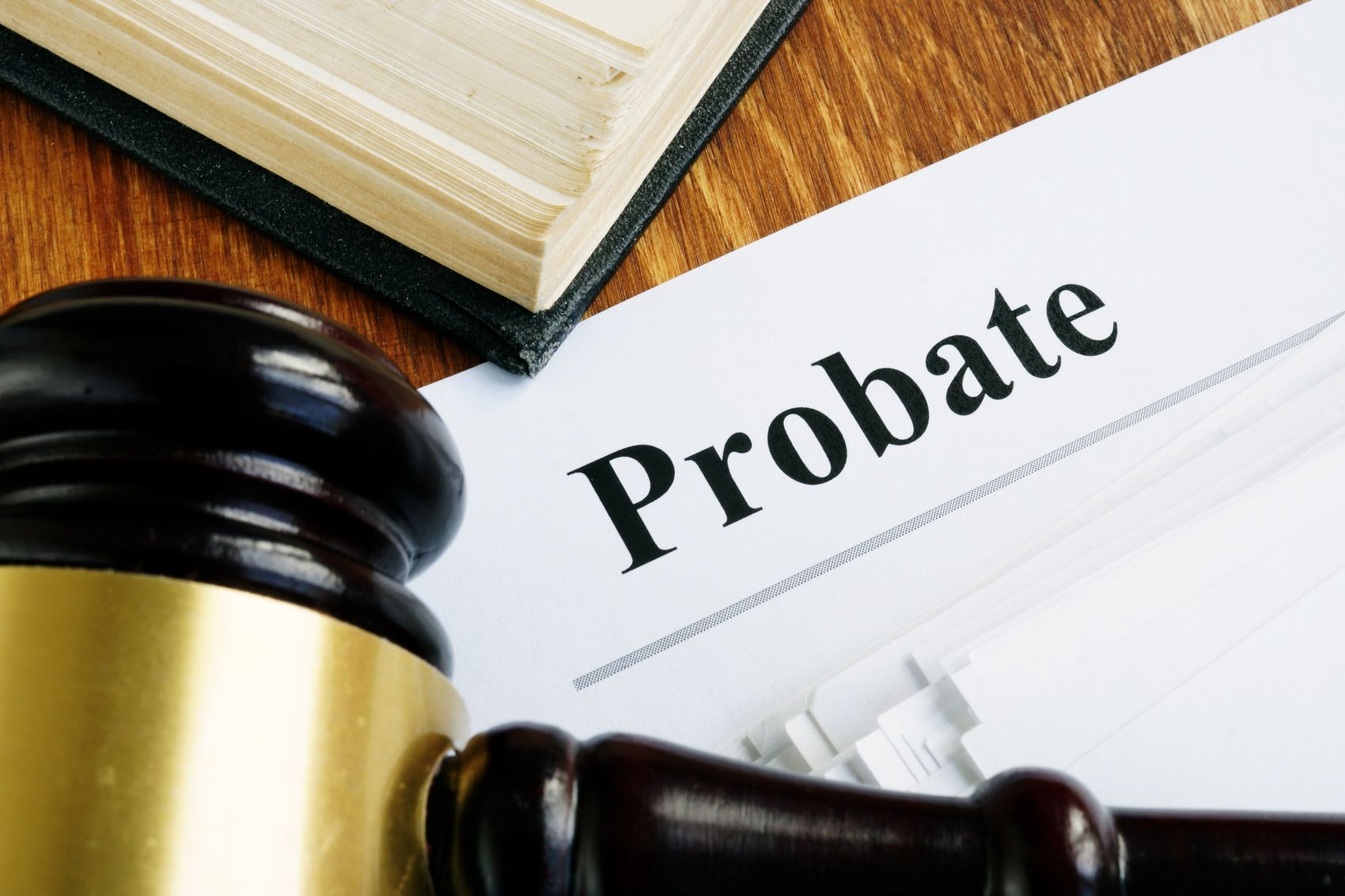Probate & Estate Planning
Serving Mason City, Des Moines, Ames, Waterloo, Rockwell, Manly, Clear Lake, and Surrounding Areas
Probate & Estate Planning in Iowa
Losing a loved one can be stressful enough without the stress involved with a will that has turned to probate court. Due to the length of time and inconvenience, you could end up with costly bills and lost time. Hence, having an experienced and compassionate Probate & Estate Planning attorney on your side is essential to make things a little easier on you.
Contact us to learn more about how we can help you with your claim!
What is Probate & How Does it Work?
Probate is the legal and financial processes involved when dealing with the property, money, and possessions of a person who has passed. The purpose of the probate process is to prove if a will is valid and confirm who has the authority to administer the estate on behalf of the person who passed. Before the executor named on the will can claim, transfer, sell, or distribute any of the assets listed, they must apply for a grant of probate.
The 5 Steps to Probate
- Step 1: Identify all of the deceased’s assets & liabilities.
- Step 2: Pay inheritance tax & apply for a grant of representation.
- Step 3: Receive grant representation.
- Step 4: Prepare estate accounts for all payments into and out of the estate.
- Step 5: Transferring all assets to the beneficiaries & distributing the balance of the estate in terms of the will.
Frequently Asked Questions
Do I need probate if there is a will?
Unfortunately, probate doesn’t depend on whether there is a will but on the deceased person’s financial status. That said, the process is very similar regardless of whether there’s a written will.
We've found the will, but what do we do now?
The next step would result in the executor applying for a grant of probate.
Am I required to act as an executor if named on the will?
No, you have two options to opt of acting as an executor. Your first option is to give up all rights as the executor. Your second option in the case when there are other executors is to choose power reserved. Doing so allows the other executors listed to act but gives you the ability to join in on the probate process down the road if you need/want to.
Is probate necessary for a small estate?
In the case where the descendant’s estate is less than 25k and does not contain any property, there may be a chance that probate is not needed.
Is probate required to sell the house?
If the house is held under the deceased person’s sole name, then yes, probate will be needed to sell it. However, if the house is held jointly, the other surviving owner wants to sell the house, and they can do so with the deceased’s death certificate.
Who is responsible for getting probate?
If the person who has passed left a valid will, it shall name one or more executors in which it will be their responsibility to apply for probate. When there is no will, the inheritance rules called rules of intestacy would determine who is responsible for probate.
Is probate required for joint assets?
If the person who has passed owned any form of joint assets, they will pass on to the surviving co-owner under the right of survivorship. In order to transfer the assets into their name, they must present the death certificate.


